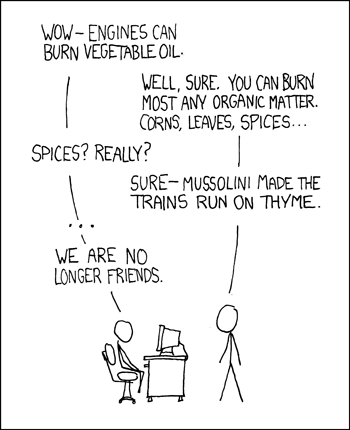
Here’s a recent thinkpiece (fancy way of saying essay) for LSN’s Post-16 Magazine. They’re a great organisation that focus on post-16 education, that we plan to work with in the future.
I’ve mentioned bits and bobs of this in blog posts before, so if any of it feels familiar, that’s why.
Learner voice: why bother?
College councils. Student voice. School councils. Learner voice. Giving young people a say in how their school or college is run. Sounds like effort, doesn’t it? Students are there to be educated, not to take part in it, right?
So why do so many schools bother with it? Because the Government says you have to listen to pupils? Because Ofsted might come and chat to your school or college council? Because some kids had a couple of good ideas and you might as well give it a go? Because some kids want to practice being politicians, and you need to give them a way to do that?
Let’s be clear : schools and colleges present a unique opportunity for young people to learn about democracy.
And let’s be double – clear: this opportunity is being missed by too many.
Student voice and school or college councils are often tokenistic. Young people are told that they have influence (but only the cleverest or most confident are allowed to use it), that they are listened to (as long as they give the right answer), and that they are free to talk about what they want (but can’t actually do anything to make things better).
As a social enterprise, our approach is to help educational institutions to make the most of this opportunity, challenge tokenism, and help get more young people involved.
Very simply, we want young people to understand how their ideas can turn into actions which can turn into improvements for themselves and others. Learning democracy by ‘doing democracy’. Less sitting back and moaning about things, and more action!
I was working in Islamia Primary School in Brent recently, helping their new student voice team to plan for next year. One of the big ideas that came up was trying to get mirrors in the girls’ toilets. The girls’ headscarves were coming loose during the school day, and they had no mirrors to check if they were on properly. During their first term after their summer break, the team plan to get going on this idea. They are six years old.
Now this might just be a few mirrors, but if young people can see how they can influence their lives and surroundings from a young age this plants important seeds. As they become secondary age students they will believe that they can take action and change things, and then university students will too.
Young people will find it more difficult to have the desire or to understand how they can change things in adult life if they’ve had no practice! Or if they’ve been kept in a simulated democratic world where they are ‘listened to’ but never have the experience of negotiating, collaborating and struggling to achieve their own, shared aims.
And this should never be just about training the next generation of politicians – if you know how to ‘plan’, ‘do’ and ‘reflect’ a project with a group of people, that is useful whatever you choose to do in life. That’s part of what we do: not just training the politicians of tomorrow, but the citizens of today.
It’s also very important that students connect learning about the same concepts. We’re all agreed that democracy and empowerment are important concepts, right?
So let’s use every opportunity we can to connect what we can learn about in the news, in the curriculum, with what we do in student voice. It’s about connecting what others do, with what we do.
Let’s reflect on MPs expenses, by talking about school councillor expenses; let’s discuss the coalition government by talking about how easy it is to decide things by committee; let’s think about the civil rights movement and suffragettes when planning a student voice election. We grasp things best when we understand them from different angles.
Not seeing these links can undermine everything. You might be less inspired about by Barack Obama’s democratic journey if your ‘democratic’ college council is just the ten brightest pupils, picked by the head teacher or college director!
So let’s be clear: a healthy democracy needs curious, active people. A healthy democracy needs healthy democratic education, and schools and colleges are central to that.
Let’s not be complacent.
Greg Sanderson
________
Greg Sanderson is co-founder of involver, a social enterprise that help young people to ‘do democracy’ in schools and colleges. We challenge tokenism in leaner voice, make school or college councils smart and active, and support young people to co-construct their education. For free resources and advice, training and tools to support this, then come and visit us at www.involver.org.uk.





 School councils. Student voice. Giving young people a say in how their school is run. Sounds like effort, doesn’t it? Kids are there to be educated, not to take part in it, right?
School councils. Student voice. Giving young people a say in how their school is run. Sounds like effort, doesn’t it? Kids are there to be educated, not to take part in it, right?
